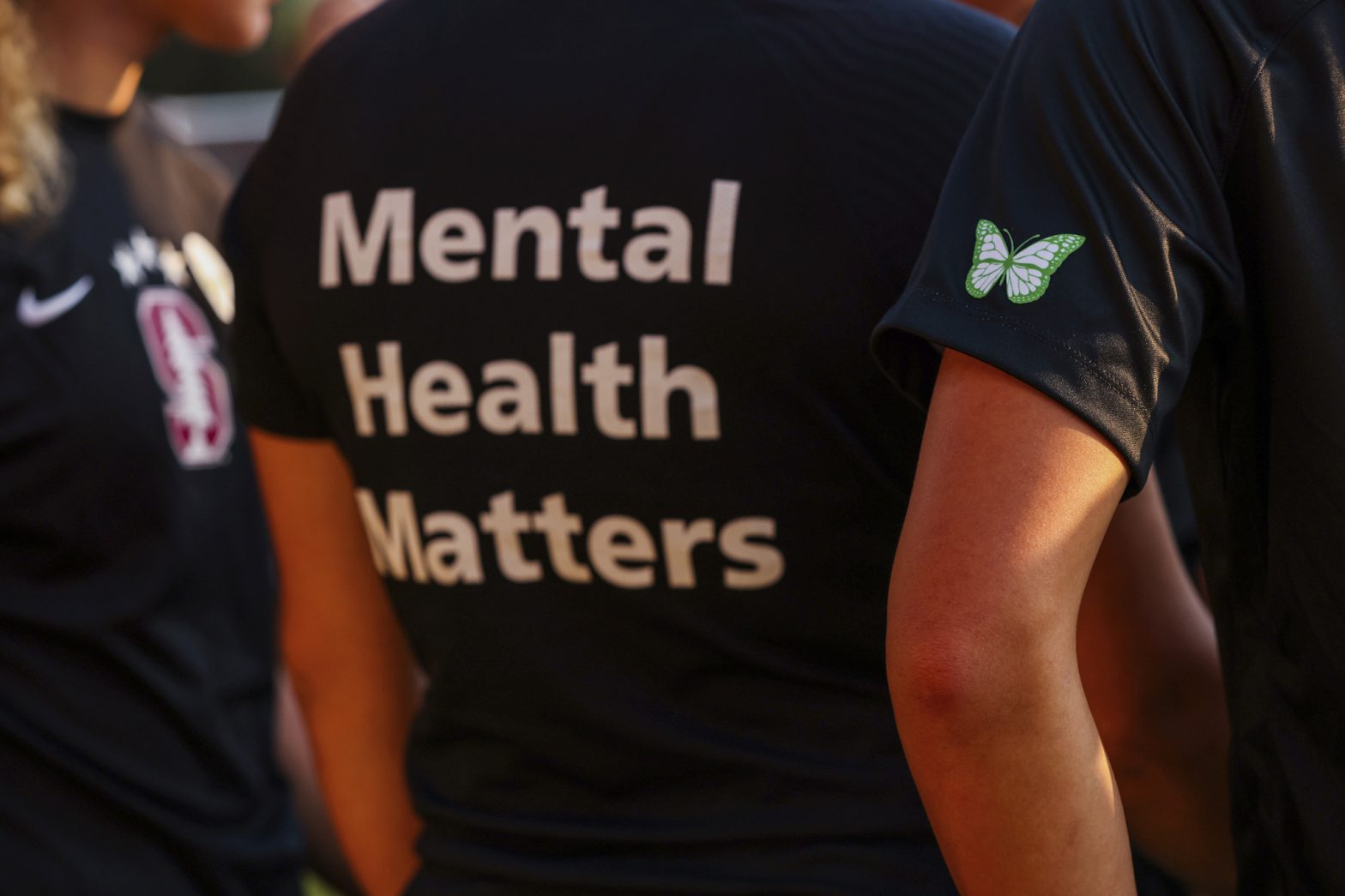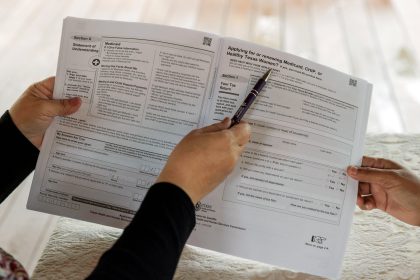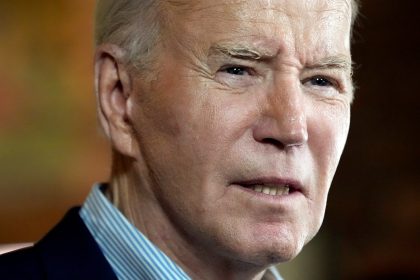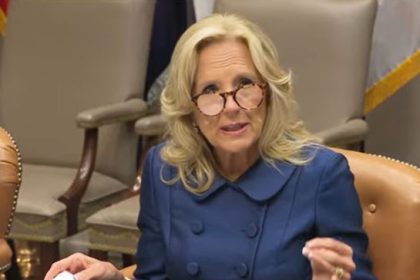Biden Administration Proposes New Regulations for Mental Health Insurance Providers

WASHINGTON — The Biden administration renewed controversy with insurers Tuesday by proposing a regulation that would require health insurance plans to prove they are covering mental health costs at the same level as any other health care.
Insurers say it will drive up the cost of health insurance.
The Department of Health and Human Services says any failures by insurers to cover mental health costs would be enforced as a violation of the Mental Health Parity and Addiction Equity Act.
If the regulation is enacted after a 60-day public comment period, Health and Human Services says it will sanction insurers who violate it under a list of fines and punishments the agency still is developing.
“We know that treatment works and that is why access to mental health providers is crucial, crucial for the well-being of our families,” White House Domestic Policy Adviser Neera Tanden said during a press briefing. “In 2020, less than half of Americans with mental health needs received the mental health care they needed most.”
Insurers were supposed to be providing the same level of mental and physical health care coverage since Congress approved the Mental Health Parity and Addiction Equity Act in 2008.
Health and Human Services reported last year that insurers’ policies and incorrect statements to invoke regulatory exclusions often allowed them to escape their responsibility of mental health coverage. About 40% requested extensions for compliance, the report said.
The proposed regulation the Biden administration published in the Federal Register on Tuesday is an attempt to clamp down on the abuses.
It would authorize Health and Human Services to assess whether health plans achieve parity between their mental and physical health coverage. The agency then could order plans that provide “inadequate access” to mental health care to make changes.
The rule also seeks to close loopholes by listing examples that limit the discretion of insurers.
Insurers would not be allowed to use health care coverage authorizations that are more restrictive than the law intended. They could not choose medical management techniques for patients that are different from the ones normally accepted within the field of psychology.
They would need to set out-of-network payment rates for mental health and substance abuse treatment that are the same as for any other medical providers.
Other provisions would expand mental health care through Medicaid and school systems. Mental health crisis response services also are being increased.
A backdrop to the proposed regulation is a surge in mental health problems associated with the COVID-19 pandemic.
Biden said during his State of the Union address in February that the problems need government attention through what he called his mental health strategy. He said while announcing a goal of improving access to mental health care that 40% of American adults report symptoms of anxiety and depression.
An increase in depression was found to be most severe among young people during the pandemic, according to a recent report from the U.S. Substance Abuse and Mental Health Services Administration.
“After being relatively constant for decades, the prevalence rate of mental illness for adults aged 18 and older has increased from 18.3% in 2016 to 21% in 2020, a change of nearly 15%,” the report said.
Insurers say the Biden administration’s optimistic goals face administrative obstacles.
The insurance trade association AHIP, formerly America’s Health Insurance Plans, says finding mental health clinicians who are qualified to make diagnoses and provide treatment is difficult. Unlike injuries that can be viewed on medical imaging devices, proper diagnosis of mental health problems is elusive.
“Access to mental health has been, and continues to be, challenging primarily because of a shortage and lack of clinicians, which is why for years, health insurance providers have implemented programs and strategies to expand networks and increase access,” AHIP told The Well News in a statement. “Those approaches include creating new coverage pathways with expanded access through telehealth and new technologies, and integrating mental and physical health care.”
Insurers say they need better ways to double-check the diagnoses before they start paying money to cover the illnesses.
You can reach us at [email protected] and follow us on Facebook and Twitter
This article was updated on July 25, 2023, with a quote from AHIP on the challenge of the lack of clinicians and the expansion of telehealth services.























